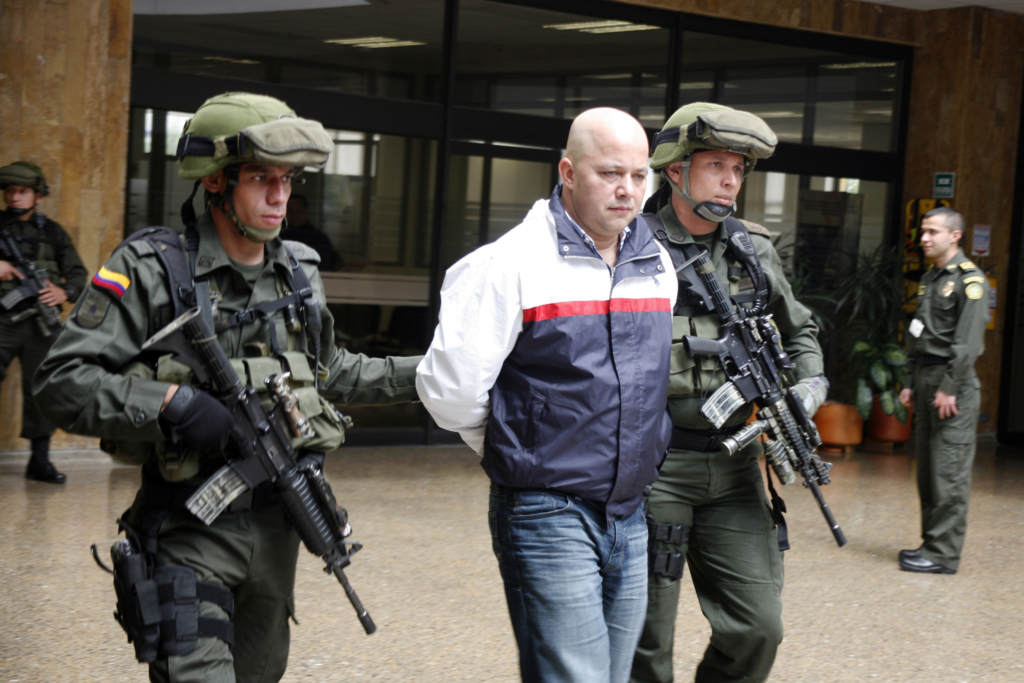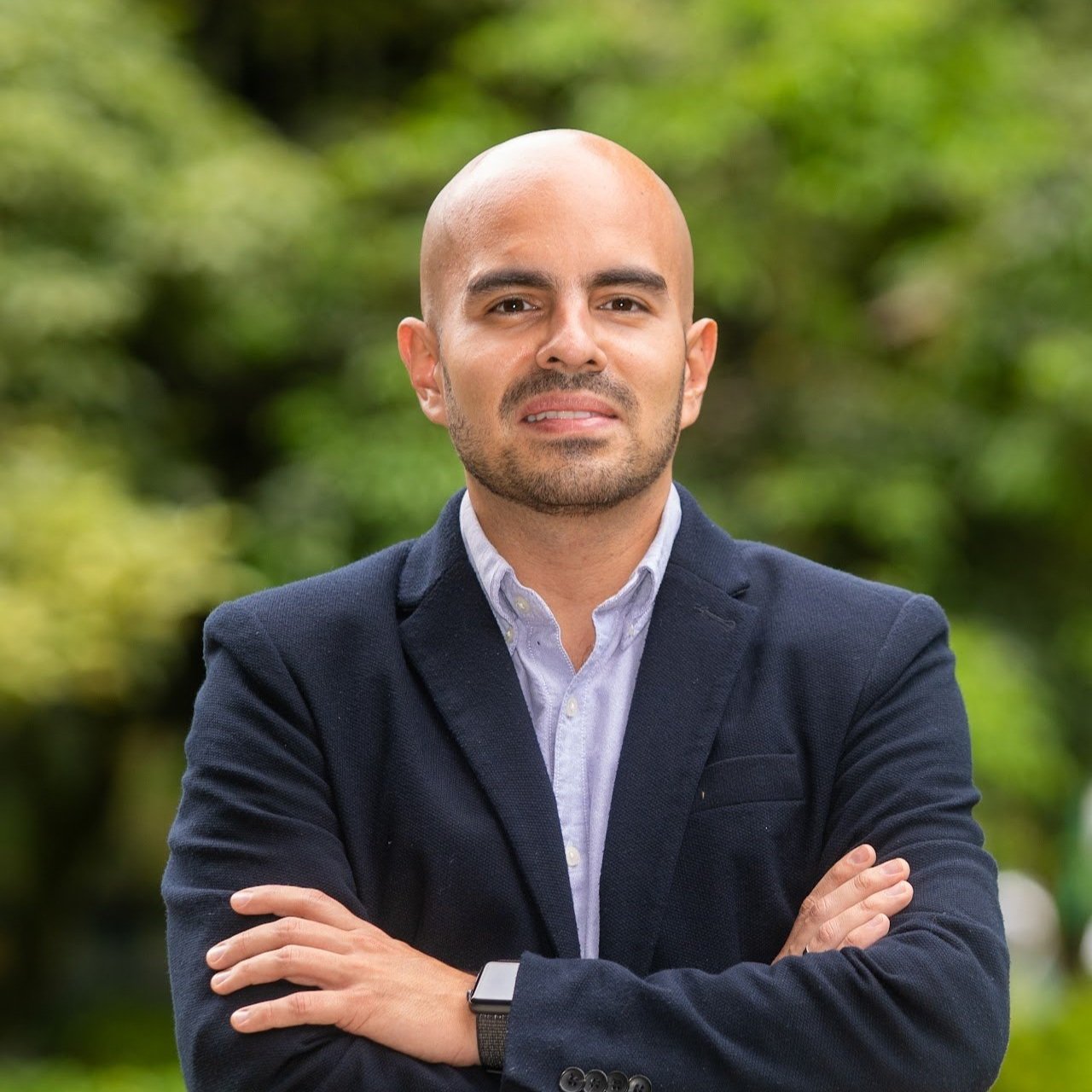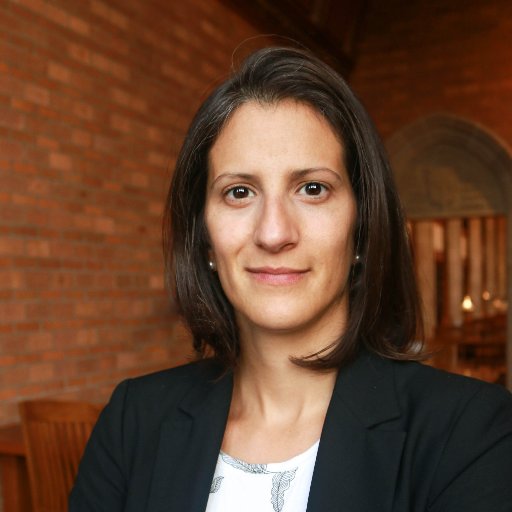Understanding and Confronting Latin American Gangs

Seminar Series on Crime Reduction and Police Accountability:
Understanding and Confronting Latin American Gangs
Wednesday, February 2nd
Latin America experiences some of the highest levels of violent crime in the world. Much of that violence is linked to the power and reach of gangs and criminal organizations. These groups take a wide array of forms, from extremely localized neighborhood cliques all the way to sophisticated international criminal enterprises, with different formations exerting various levels of social and political control over a range of territories and people. Understanding these complexities is key for decision-makers to push policies and interventions that can confront the crime and violence that plagues many cities in the region.
To discuss this issue, and as part of the Crime Reduction and Police Accountability priority theme, EGAP brought together a panel of researchers and practitioners with expertise studying the structure, operations, and societal impact of gangs in different contexts including Brazil, Colombia, El Salvador, Mexico, and Peru. This hour-long moderated conversation explored what we know and don’t know about gangs, the challenges faced by policymakers in confronting these organizations, and the ways in which researchers and practitioners can come together to address these difficult issues.
Panel: Joana Monteiro (FGV/EBAPE), Santiago Tobón (Universidad EAFIT), and Andrés Tobón (Universidad EAFIT)
Host and Moderator: Lucia Tiscornia (CIDE)
The recording of this event can be found below:
Panelists

Joana Monteiro is Associate Research Scholar at the Institute of Latin American Studies at Columbia University, Professor of Public Policy at the Brazilian School of Public and Business Administration at Getulio Vargas Foundation (FGV/EBAPE), and Director of the Center for Applied Research to Public Security at Getulio Vargas Foundation. She worked as the head of research at the Rio de Janeiro State’s Attorney Office (2019-2021) and director of the Institute of Public Security (ISP) (2015-2018). At both positions, Joana led initiatives to improve use of evidence by public security and criminal justice agencies, having implemented projects to facilitate data analytics and to improve transparency to citizens. Joana holds a PhD and an MA in Economics from the Catholic University of Rio de Janeiro (PUC-Rio) and was a Research Fellow at the Center for International Development at Harvard University (2009-2012). She is an expert in impact evaluation of public policies and her research has been published in journals such as the Review of Economics and Statistics, Journal of Development Economics, the Security Journal, and Crime Science.

Santiago Tobón is a Professor of Economics and the Director of the Center for Research in Economics and Finance—CIEF at Universidad EAFIT in Medellín, Colombia. He is also a researcher at Innovations for Poverty Action—IPA, an academic member of Evidence in Governance and Politics—EGAP, an invited researcher of J-PAL’s Crime and Violence Initiative, and an affiliate of Households in Conflict Network—HiCN. Santiago is a development economist with a special interest in crime, violence, organized crime, and public policy. He uses experimental, quasi-experimental, and qualitative methods. Before joining Universidad EAFIT, he was a Postdoctoral Scholar at the University of Chicago Pearson Institute & Innovations for Poverty Action Peace and Recovery Program. He received a PhD in Economics from Universidad de los Andes in 2018, an MA in Economics from Universidad de los Andes in 2017, and an MA in Economics from Université Catholique de Louvain in 2012.

Andrés Tobón is a Colombian professional and academic with experience in citizen security, peacebuilding, and collective construction of social capital. He is currently a member of the National Assessor Board for the Transformation of Colombia’s National Police, professor of EAFIT’s School of Sciences and Humanities, and consultant in citizen security affairs. As Secretary of Security and Coexistence of the municipality of Medellín, Colombia, he put effective citizen security approaches into practice while building a network of high-level national and local government that permitted the design of one of the first local criminal policy strategies for the prosecution of Medellín’s organized crime. At Universidad EAFIT, he has worked as a professor and conducted applied research to measure trust and social capital. Andrés holds an MA in Humanistic Studies and a BA in Political Science from Universidad EAFIT in Medellin, Colombia
Moderator

Lucia Tiscornia is an Assistant Professor in International Studies at Centro de Investigación y Docencia Económicas (CIDE) in Mexico City and a Research Affiliate with the Violence and Transitional Justice Lab at the University of Notre Dame. She holds a PhD in Political Science from the University of Notre Dame, where she was also a PhD Fellow at the Kellogg Institute for International Studies. Her research, focusing on conflict termination, security sector reform, and criminal violence, has been published in the Journal of Peace Research.